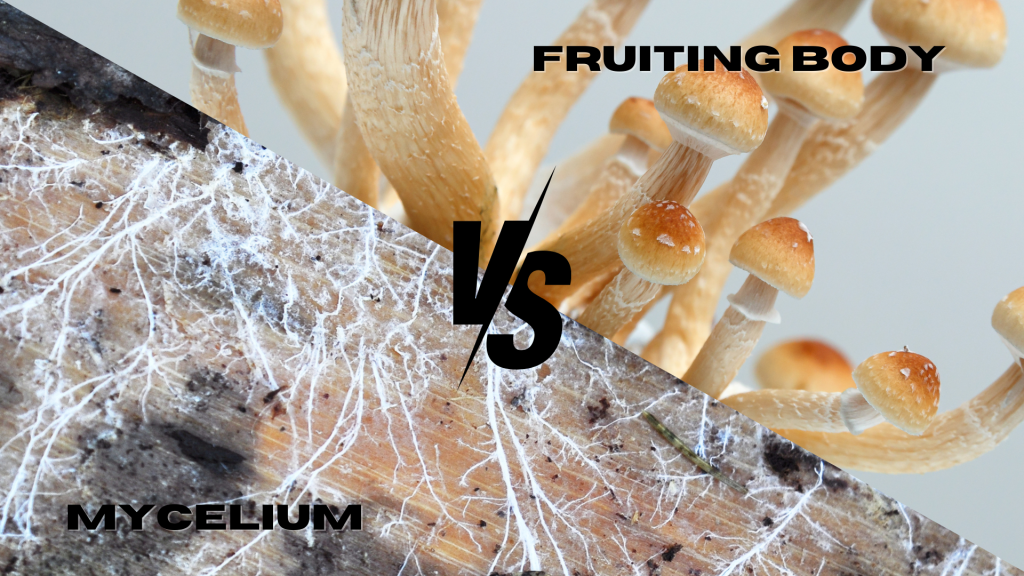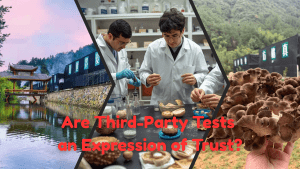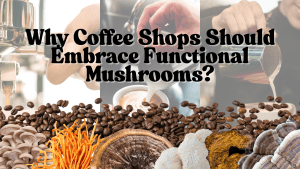Fruiting Bodies vs. Mycelium:
The debate over fruiting bodies vs. Mycelium in medicinal mushrooms has gained momentum, especially in marketing circles. Which one is superior? Where are the most bioactive compounds? Consumers want a simple, black-and-white answer—but the reality is far more complex.
This deep scientific discussion touches on bioactive compound concentration, cultivation techniques, traditional vs. modern medicine, extraction methods, and economic factors. The terms “full-spectrum” and “mycelium biomass” are frequently used, but what do they mean? More importantly, how do they impact the quality and potency of mushroom-based supplements?
While marketing often simplifies the issue, scientific research reveals a more nuanced picture that varies by species, extraction method, and intended health benefits. So, if you’re serious about getting the most from your medicinal mushrooms, let’s dive into science and separate fact from fiction.
Biochemical Composition
Fruiting bodies (the visible “mushrooms”) contain higher concentrations of beta-glucans (immune-modulating polysaccharides) and triterpenoids (anti-inflammatory compounds) in many species. These structures also house ergosterol (a vitamin D precursor) and statins. Traditional Asian medicine has relied on fruiting bodies for millennia, supported by modern research confirming their bioactive density.
Mycelium (the root-like network) produces unique metabolites absent in fruiting bodies, including specific neuroprotective compounds in Hericium erinaceus (Lion’s Mane). Its cell walls are more easily digestible, enhancing the bioavailability of particular compounds. Mycelium also generates exopolysaccharides during fermentation.
Cultivation and Processing Factors
- Substrate Influence:
- Mycelium grown on grain-based substrates often incorporates starch residues, which, unless carefully processed, can potentially dilute bioactive content. Fruiting body cultivation requires precise environmental controls but yields concentrated compounds.
- Extraction Efficacy:
- Water-soluble beta-glucans require hot water extraction.
- Alcohol extracts capture triterpenoids.
- Dual-extraction methods optimize compound retrieval from both structures

“full spectrum” typically denotes products combining extracts from both structures to capture complementary compounds. “Mycelium biomass” refers to substrate-grown Mycelium, which may contain ≤40% starch unless purified.
Species-Specifics
- Trametes versicolor: Mycelium-derived PSK (polysaccharide-K)
- Ganoderma lucidum: Fruiting bodies prioritized for triterpenoid content.
- Hericium erinaceus: Both structures offer distinct nootropic compounds
Current clinical trials increasingly use Mycelium due to standardized compound production, while traditional protocols continue advocating fruiting bodies.
Optimal supplementation strategies depend on target health outcomes, with growing evidence supporting synergistic combinations of both morphological stages.
So: Choosing between mycelium and fruiting body supplements requires evaluating therapeutic goals, product quality, and species-specific compound profiles.
Both fungal structures offer distinct advantages, with optimal selection depending on targeted health outcomes and supplement formulation integrity.
The best approach is to use the “Wisdom of the crowd,” consult a trusted practitioner, and learn more about the product.











